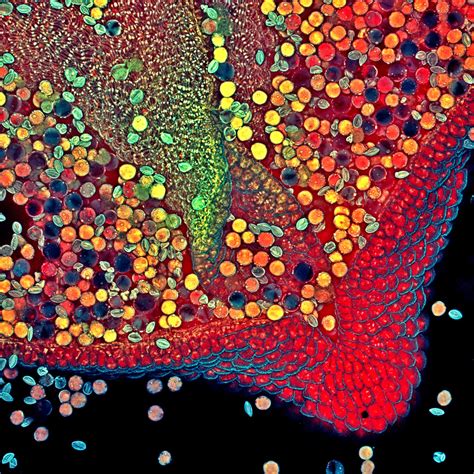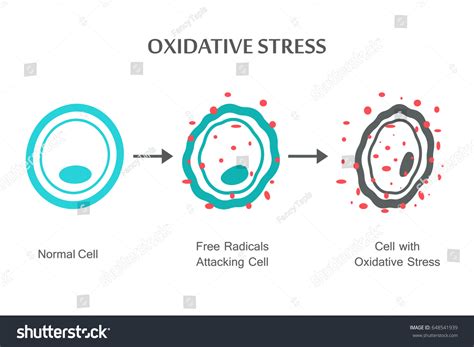What impact does consistent sleep deprivation have on male fertility and sperm quality?

The Hidden Toll: Sleep Deprivation and Male Fertility
In our fast-paced world, consistent sleep deprivation has become an unfortunate norm for many. While its effects on mood, concentration, and overall health are widely acknowledged, its profound impact on male fertility and sperm quality often goes unnoticed. Emerging research increasingly highlights the critical connection between adequate sleep and optimal reproductive health, revealing how a lack of restful nights can subtly undermine a man’s ability to conceive.

Hormonal Imbalance: The Root of the Problem
Sleep is a vital period for hormonal regulation, particularly for the production of testosterone. Testosterone, the primary male sex hormone, plays a crucial role in sperm production (spermatogenesis) and overall sexual function. Studies have shown that men who consistently get less than 7-8 hours of sleep per night tend to have significantly lower testosterone levels. This reduction can directly impair sperm quality and quantity.
Beyond testosterone, poor sleep can also lead to an increase in cortisol, the body’s primary stress hormone. Elevated cortisol levels can further suppress testosterone production and create an unfavorable internal environment for sperm development, disrupting the delicate endocrine balance essential for fertility.

Direct Impact on Sperm Parameters
The consequences of sleep deprivation extend beyond hormonal fluctuations, directly affecting various parameters of sperm health:
- Sperm Count: Chronic lack of sleep is associated with a lower total sperm count, meaning fewer sperm are available for fertilization.
- Sperm Motility: The ability of sperm to swim effectively towards an egg is crucial for conception. Sleep-deprived men often exhibit reduced sperm motility, making it harder for sperm to reach and fertilize the egg.
- Sperm Morphology: This refers to the size and shape of sperm. Abnormal morphology can hinder a sperm’s ability to penetrate and fertilize an egg. Research suggests a link between insufficient sleep and a higher percentage of abnormally shaped sperm.
- Sperm Viability: Sleep deprivation can also reduce the percentage of live sperm, further diminishing fertility potential.

Oxidative Stress and DNA Damage
Sleep is also critical for cellular repair and regeneration. Insufficient sleep can lead to increased oxidative stress within the body. Oxidative stress occurs when there’s an imbalance between free radicals and antioxidants, which can cause damage to cells, including sperm cells. This damage can manifest as DNA fragmentation within sperm, which has serious implications for fertility, embryo development, and even the health of a potential offspring.

Strategies for Better Sleep and Fertility
Given the significant impact, prioritizing sleep is a crucial step for men hoping to improve their fertility. Here are some actionable strategies:
- Aim for 7-9 Hours: Consistent sleep duration is key. Establish a regular sleep schedule, even on weekends.
- Optimize Your Sleep Environment: Ensure your bedroom is dark, quiet, and cool.
- Limit Screen Time: Avoid electronic devices before bed, as the blue light can interfere with melatonin production.
- Manage Stress: Practice relaxation techniques such as meditation or deep breathing to reduce cortisol levels.
- Avoid Caffeine and Alcohol: Especially in the hours leading up to bedtime, as they can disrupt sleep cycles.
- Regular Exercise: Physical activity can improve sleep quality, but avoid intense workouts close to bedtime.

Conclusion
The evidence is clear: consistent sleep deprivation is not just a minor inconvenience; it’s a significant factor that can negatively impact male fertility and sperm quality. By understanding the intricate connections between sleep, hormones, and sperm health, men can take proactive steps to prioritize restful sleep. Integrating healthy sleep habits into one’s lifestyle can be a powerful and natural way to enhance reproductive potential and overall well-being, paving the way for a healthier journey towards conception.









